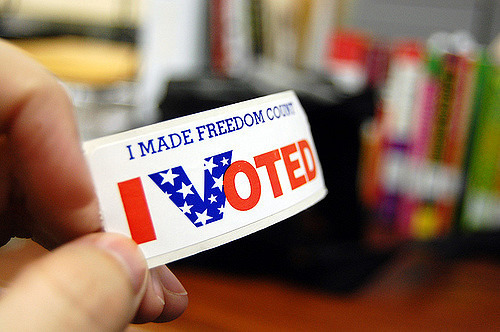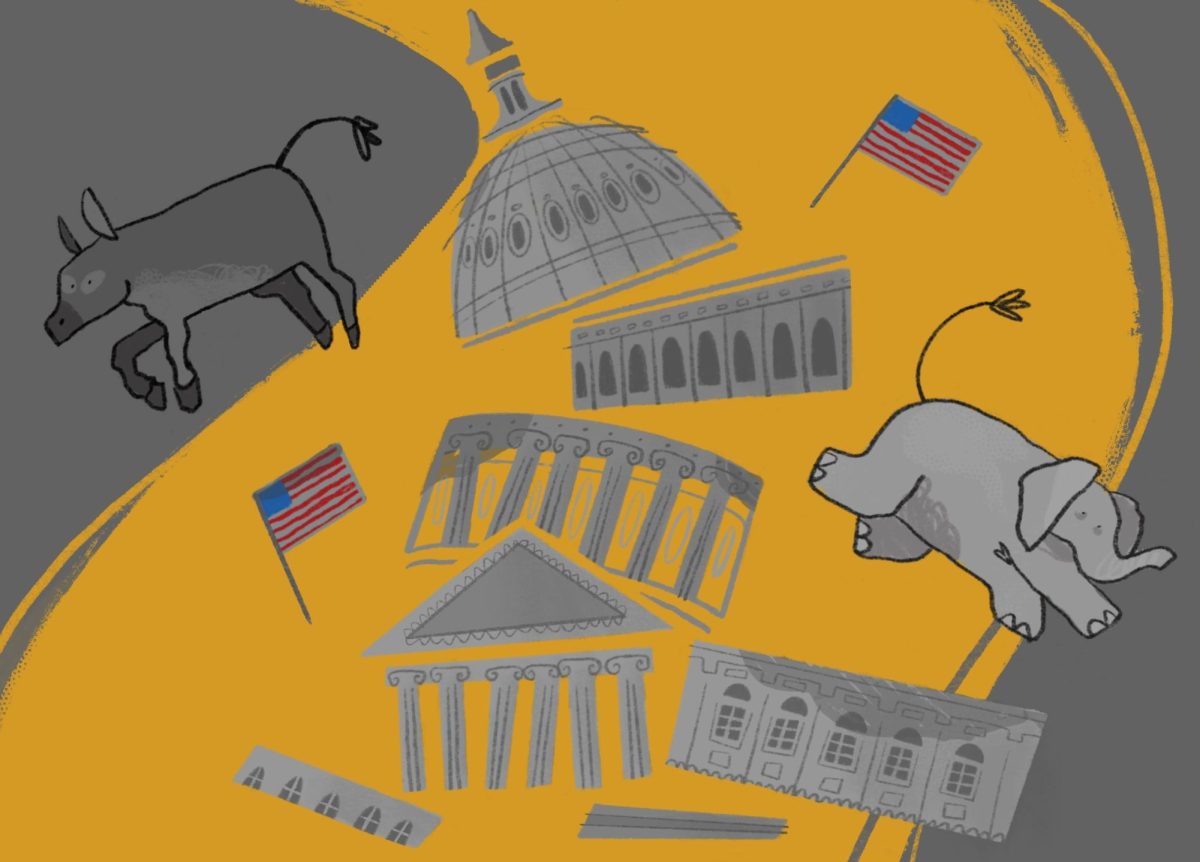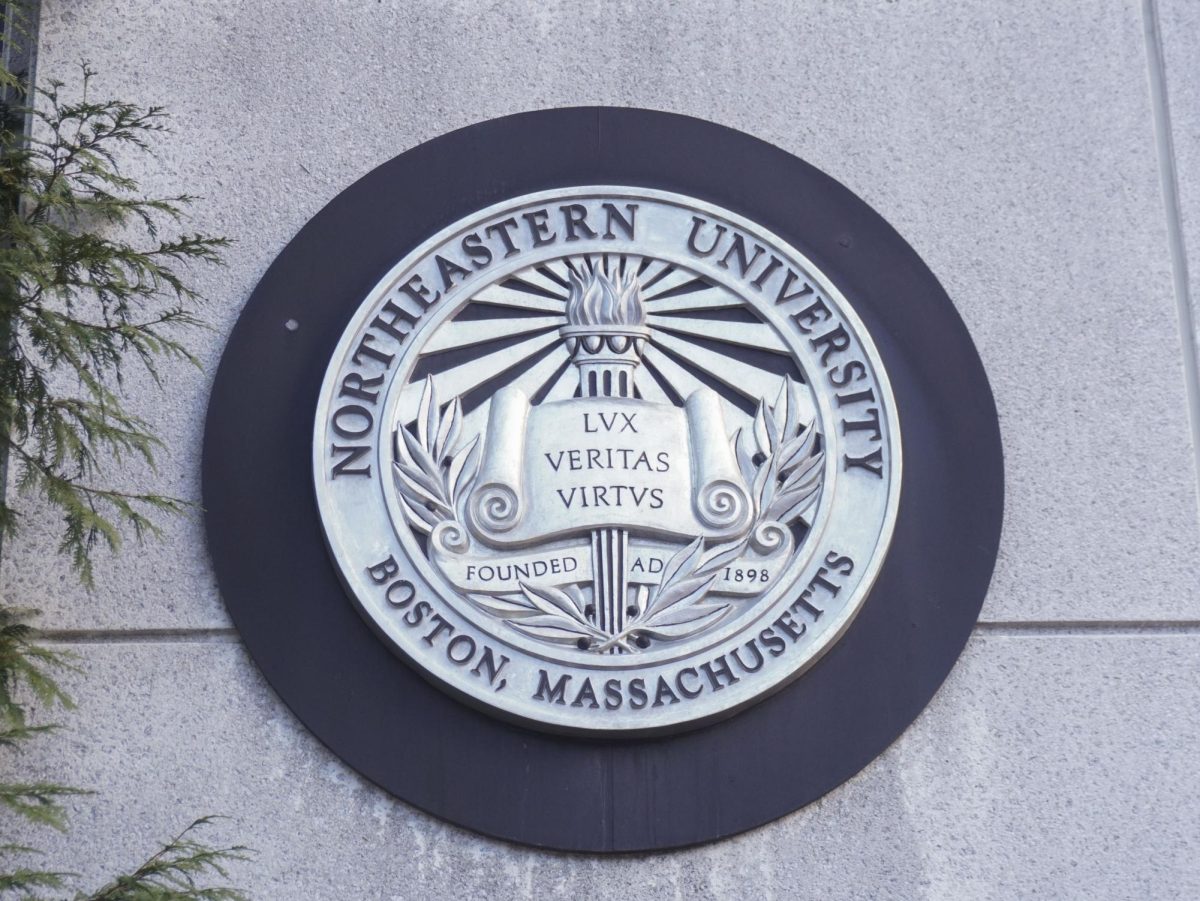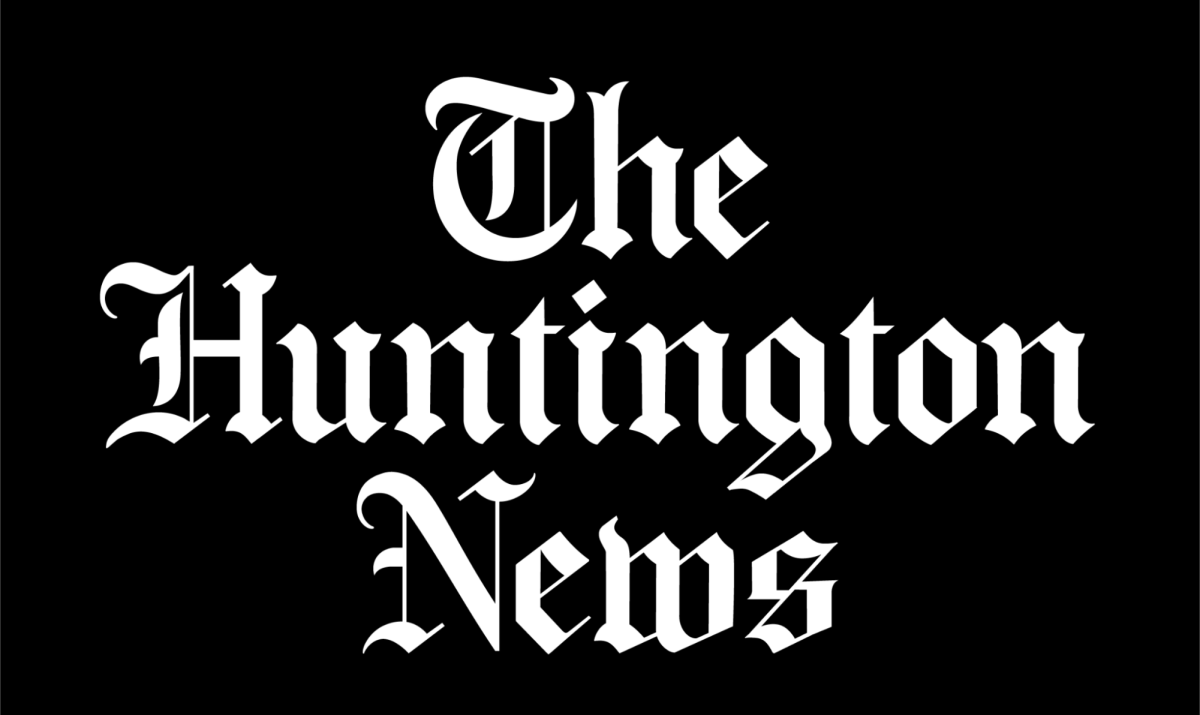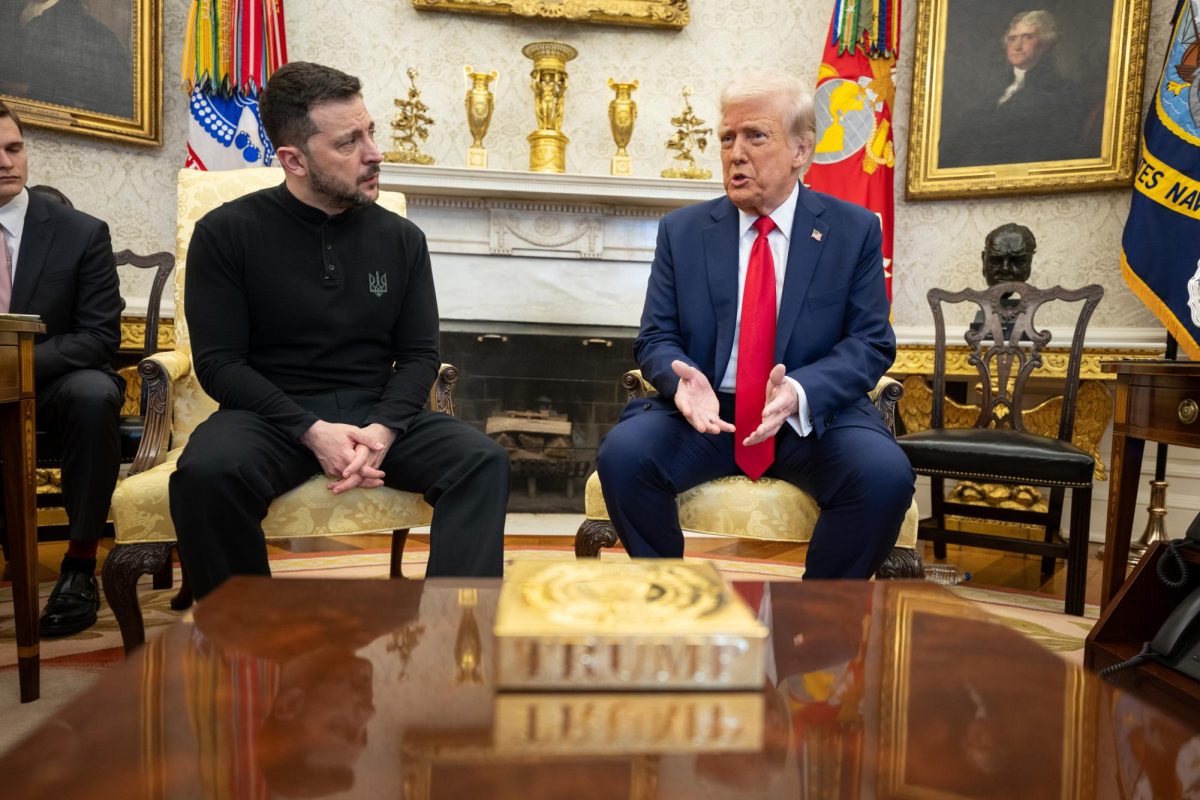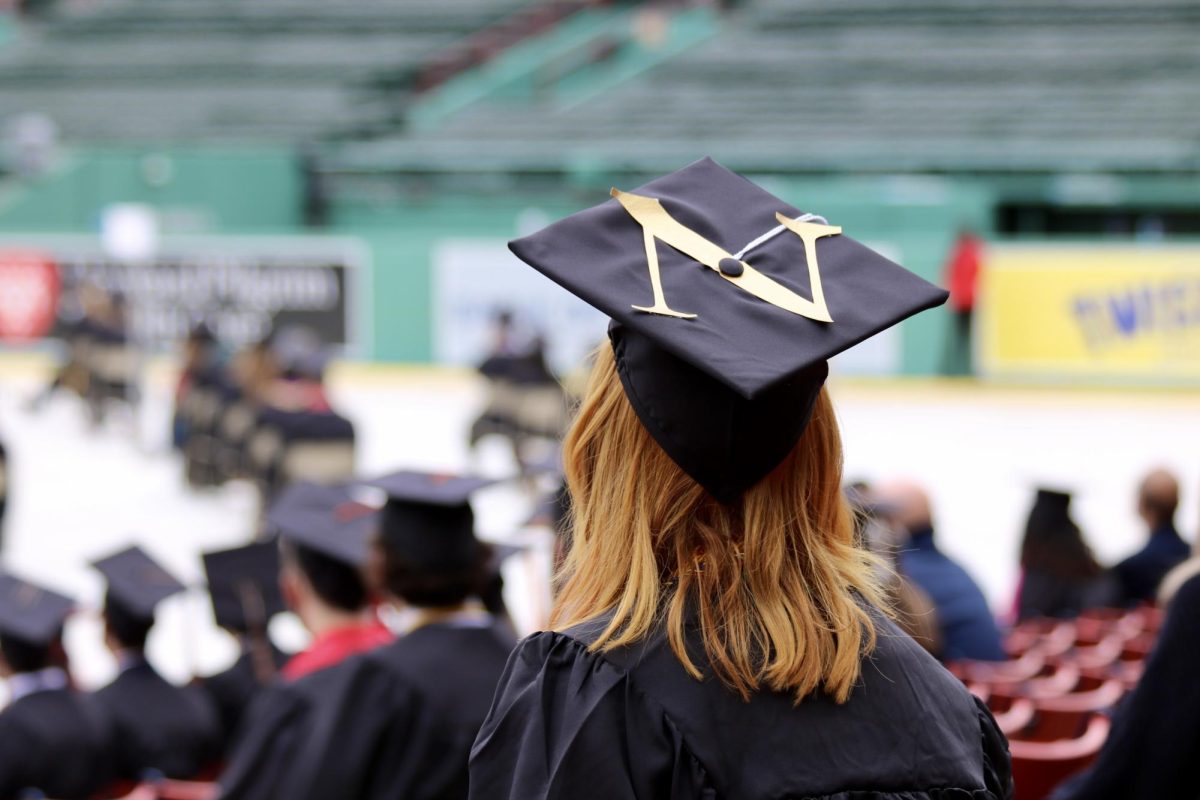Like Franklin Delano Roosevelt in 1932 for World War I babies and George W. Bush in 2000 for 90s voters, the winner of the 2016 presidential race will be the face of the defining election of our generation.
Unfortunately, like previous races with two polarizing candidates, the general dislike of both candidates will end in a frustrating case of voter apathy.
In 1996, scandals about China’s campaign funding for the Clinton administration yielded a voter turnout of only 51.3 percent. The following fiasco in 2000 showed a whopping 54.2 percent to decide on the dubious merits of Bush and Al Gore, according to FairVote.org. This year’s election is bound to dissuade moderate voters as a whole, because there will be a strong percentage of voters who vote for the party as much as they do for the candidate — so there go conservative and liberal stalwarts. There will be a percentage of women who will vote for Hillary Clinton because of her gender. And let’s not forget the radical, uber-conservative far right and borderline-socialist far left — they, based on history, are even less likely to vote outside the party in efforts to stay relevant in modern, moderate politics.
The people with some history of voting, i.e. those above the age of 25, have a significantly higher likelihood of voting now. In the aforementioned controversial 1996 and 2000 elections, the voter turnout for the demographic of 18-24-year-olds was hovering just above 30 percent, as opposed to at least 50 percent by every older demographic, according to 2014 U.S. Census Voting Data. That is millions of votes that aren’t being cast because of voter apathy, which strikes the whole nation hard, but it hits the hardest on our age group.
Sometimes, we like to disguise our uncertainty on who to vote for by saying our vote doesn’t matter. That’s fallacious. If everyone thought that way, no one would vote.
Clearly, your vote does matter, at least in terms of the popular vote. Many young people argue that people won’t vote because of the existence of the electoral college, so some states will — and do — matter more than others. But this inherently shows a natural distrust in the system that has made the U.S. what it is: A world leader. Regardless of the voting insecurity some people may have, it cannot be forgotten that at the end of the day, the two major party candidates running for president won their respective primaries. A lot of that had to do with people of all ages, ethnicities (less so for Trump) and backgrounds. If the result is the will of the people, then it must be so.
Coming from someone who will not be able to vote until the 2024 election (because naturalization takes too long), it is perturbing to see so much indifference and jadedness towards the system. I wish to be able to exercise the most important right we have. Leaving the election to the whims of the adult population and fanatics is wrong. Our overall apathy could have long-lasting consequences not just for us, but also for the future generations and other legal immigrants chasing the American Dream.
It’s disheartening, because it shows a side of pettiness that we only vote when we like what we see. It’s the wrong mindset to have, and I sincerely hope 2016 is a step forward for us. Because this one really matters. It really counts. If the most defining election isn’t enough to get us to the polls, then I don’t know what will be. It is time for us to prove to the country that our vote matters by going to the polls or filling out every absentee ballot, even if you don’t think your vote matters. Your vote counts for not only you, but for all those who can’t.
– Lal Birali is a freshman pursuing a combined major in computer science and business.
Photo courtesy Kelley Minars, Creative Commons


